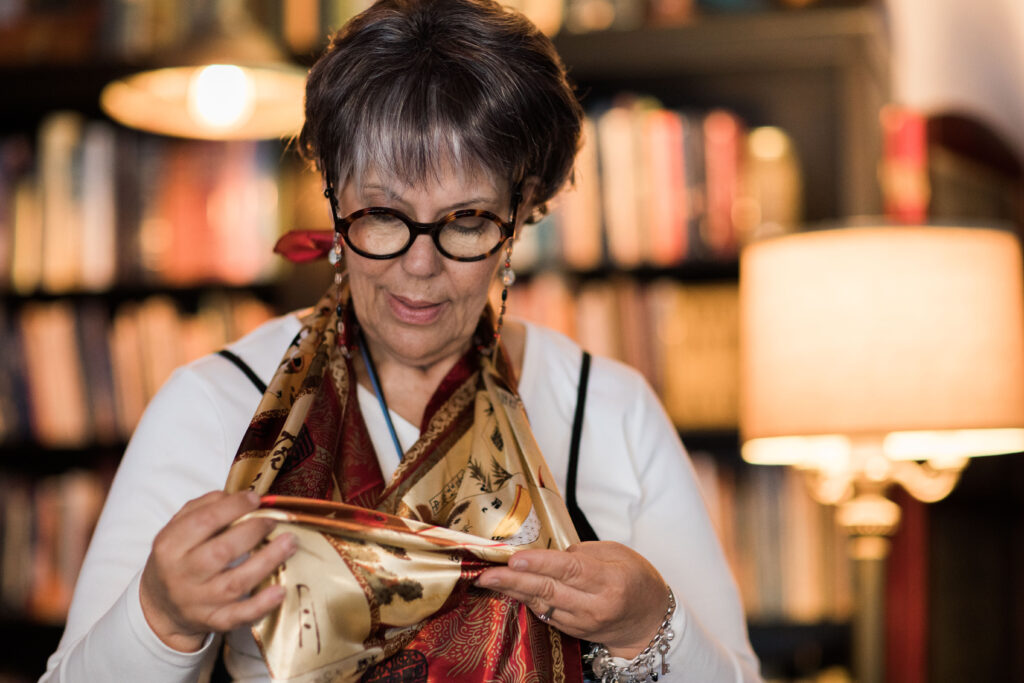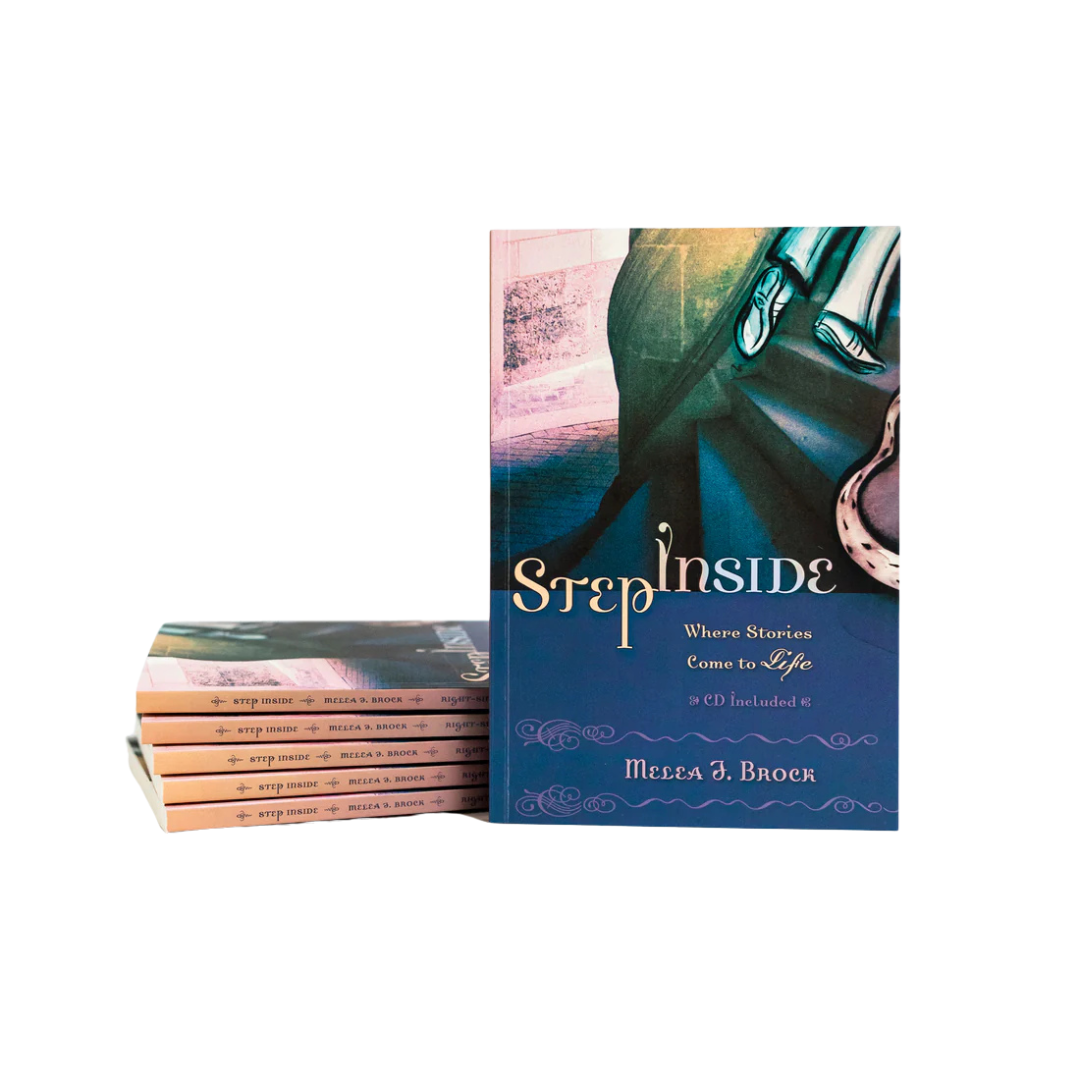APPLYING THEATER (TERMS) TO OUR STORIES
Part One
I’ve always felt theater is filled with principles that can hold weight in other parts of life and living. Much of it can hold truth and point the way because they are metaphors, analogies or word pictures about us and communication. Having a history in theater as a teacher/producer/director, actor and storyteller, you can bet I’ve thought about these. I actually apply many of them, teach them. They are here for your own ponderings and encouragement. I have broken them up into a Part 1 & 2. I think I may do one on Improvisation, too. Another great love of mine—dialogue without an script.
ENTRANCES and EXITS
Entrances and Exits are very important in theater, and they are in our story of life, too.
When I taught HS Theater Arts or when I have directed shows, I have tried to instill this importance in my actors—your entrance and exit is remembered by your audience.
I would tell them, “Start to think about your entrance before you actually enter the scene on stage.” It’s essential that your audience see and begin to perceive your character before you even say a line. And when you exit the scene make sure it is a good exit filled with the intent and physicality of your character. Carry it out the door until you have completely cleared the stage–“Take it all the way to the wings (the backstage area),” as the sating goes.
I have often thought about how our exits and entrances translate in real life and our day-to-day living. When we leave a job, a city, a church, a ministry shouldn’t it be a good exit? I believe “the last and final line that we say” is what they will remember about us. It can say “I care and will continue to care.” It can also say the opposite. If there is no shared goodbye, we have still spoken something.
When we introduce ourselves or are getting to know a person initially, these entrancesare called our first impressions.They stay with people for a long time. Fortunately, many times we are given a second, and third chance to make a better impression. Not so in theater. You have to hit the mark on your character’s first entrance. A first entrance of a character sets up an understanding of who that person will be in the rest of the scene, and the play.
It applies to all of my comingsand goingsin life too. It can apply to my entrance into or my exit out of a meeting, …or to my appointments with family, friend and client, doctor, teacher, professor, coach,… or to a meeting with someone for a meal or a friendly gathering… or even, a first date! A great entrance and exit might be the deciding factor on further relationship.
I have a friend that recently moved from one state to another. She was very good about her “goodbyes” leaving kind words and/or a gift for those that she had done business with or worked for. She had lived in her city, county, state many years and she wanted to leave behind kindness and concern for their story as her changed.
STAYING IN CHARACTER
An actor works to build a believable character that will be understood in all dimensions on the stage. Using a Character Study, an actor creates a multi-dimensional person from the script and their imagination. Makeup and costuming can only do so much to build upon this. I have always encouraged my students and actors to think about the history of the person by way of their possible family and personal relationships, stages of life-history as it relates to their education, socio-economic status, emotional and spiritual dimensions. Their aim is to create a believable character and always be asking the question through the scene or play, “Based on what I understand of my character’s main message, would she/her respond in this way?” The goal is to play the character authentically so that your audience will believe you. Nothing worse than a character that’s unbelievably offwhile on stage. This is an actor that doesn’t have a sense of the character’s true self. The lines might all be there, but the character is under-developed and hasn’t filled out enough to be a believable person.
I think this can be applied to ourselves in the same way. Every day we have the opportunity to live, speak and express our authentic selves to others. When we do this, it’s an invitation to come close and know. To be who you truly are. Don’t be an IMPRESSIONIST of what you perceive others would like you to be. As the saying goes (and it’s a great one), “You do you.”Again, it doesn’t matter if it’s a confused, angry, dissatisfied, sad you. As long as you are willing to be vulnerable and honest you.
COVERING FOR AN ACTOR WHEN THEY DRY UP-FORGET LINES
Even the most rehearsed actor forgets a line—or as they say—“goes dry” or “drops a line” or “goes up.” What does an actor do when this happens? They can wait for the Prompter or Stage Manager to help them out with the missing/forgotten line… They can mill around on stage, in character, hoping for a spark of memory from a prop, movement. More importantly and amazing when I’ve seen it happen—their fellow actors, on stage, can help them out of this predicament. They can help you find your line or the next one. They can cover for youby somehow saying your line or part of your line and moving the scene forward.
In real life we all are quite possibly going to drop a line, go dry, or go up. My hope is that I am able to do the greater thing and help save that person and move the story forward. And that’s what it’s called on stage—“saving the line,” “saving the scene,” or “covering for the actor.”
It’s kind of heroic-sounding, isn’t it? “Hey Grace, you saved me out therewhen I dropped the line…. Thanks, great coverfor me … I found my way backto my lines because of you!”
So many of the principles in acting apply to living life.
What if we were all trying to make life a little better for the other person simply by being present and supporting them in their story like actors do as they play characters on the stage?
I am NOT saying just act and it shall be so. There is something to be said for feelings following actions. Meaning the more I do something, the more I feel connected. For the actor, the more I act like Annie from “Annie Get Your Gun” or Ernest from “The Importance of Being Earnest,” the more I am she or he in rehearsals, and on stage.
It’s always been interesting to note that my most shy and reserved students are often my most amazing actors. I think it’s because they are thinking and playing the part in their heads ahead of the actual scene happening. It’s not impulsive work. They are more intentional as they play the role. They usually spend more time on character-development and it shows up on stage.
Part Two: Speak Up! Respecting One Another, Give and Take
Part Three: The Art of Improv In Everyday Life

